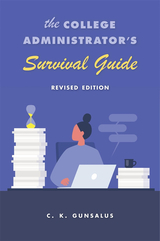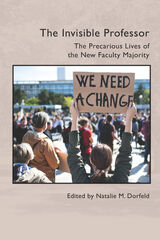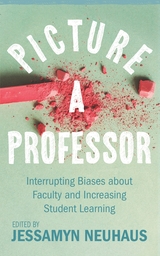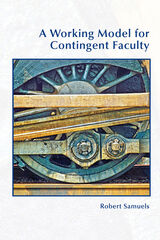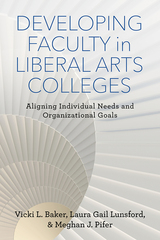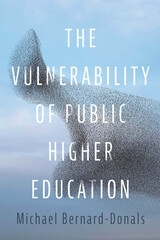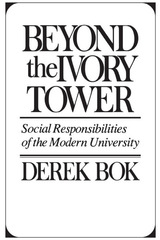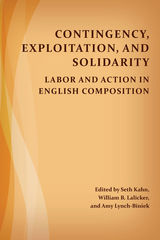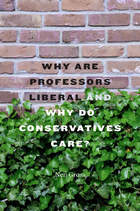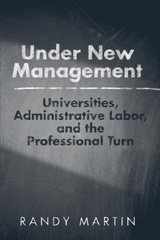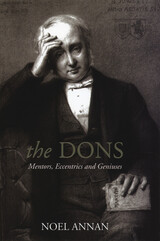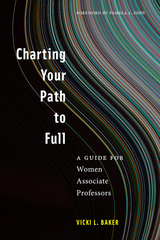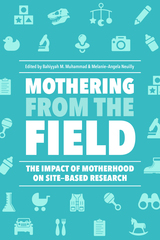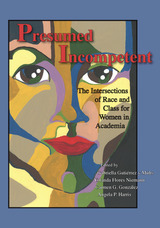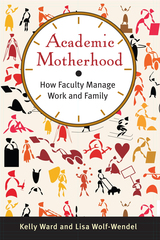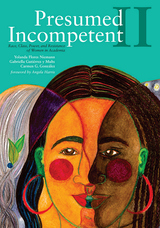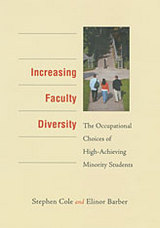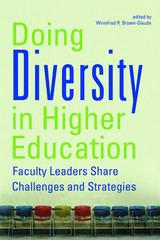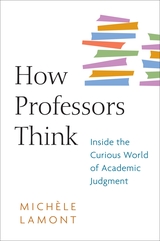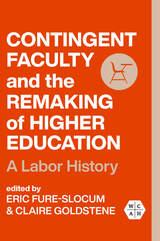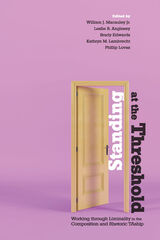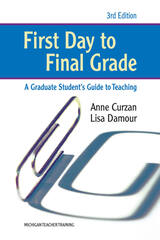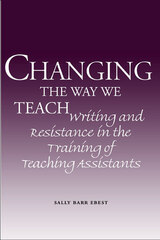Cloth: 978-1-64712-066-5
Library of Congress Classification LB2332.3.C73 2021
Dewey Decimal Classification 378.12082
What it’s really like to be a parent in the world of higher education, and how academia can make this hard climb a little less steep
Academia has a big problem. For many parents—especially mothers—the idea of “work-life balance” is a work-life myth. Parents and caregivers work harder than ever to grow and thrive in their careers while juggling the additional responsibilities that accompany parenthood. Sudden disruptions and daily constraints such as breastfeeding, sick days that keep children home from school, and the sleep deprivation that plagues the early years of parenting threaten to derail careers. Some experience bias and harassment related to pregnancy or parental leave. The result is an academic Chutes and Ladders, where career advancement is nearly impossible for parents who lack access to formal or informal support systems.
In The PhD Parenthood Trap, Kerry F. Crawford and Leah C. Windsor reveal the realities of raising kids, on or off the tenure track, and suggest reforms to help support parents throughout their careers. Insights from their original survey data and poignant vignettes from scholars across disciplines make it clear that universities lack understanding, uniform policies, and flexibility for family formation, hurting the career development of parent-scholars. Each chapter includes recommendations for best practices and policy changes that will help make academia an exemplar of progressive family-leave policies. Topics covered include pregnancy, adoption, miscarriage and infant loss, postpartum depression, family leave, breastfeeding, daily parenting challenges, the tenure clock, and more. The book concludes with advice to new or soon-to-be parents to help them better navigate parenthood in academia.
The PhD Parenthood Trap provides scholars, academic mentors, and university administrators with empirical evidence and steps to break down personal and structural barriers between parenthood and scholarly careers.
See other books on: Academia | Women college teachers | Women in higher education | Work and family | Working mothers
See other titles from Georgetown University Press

